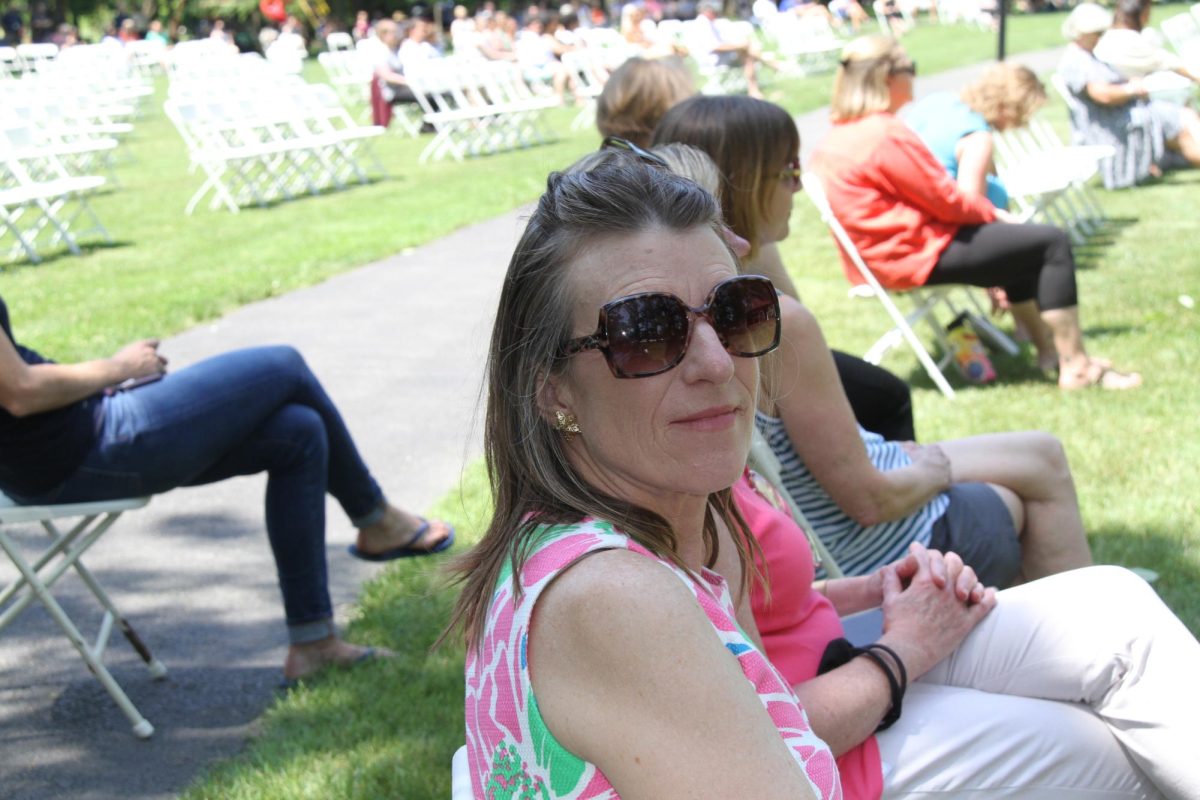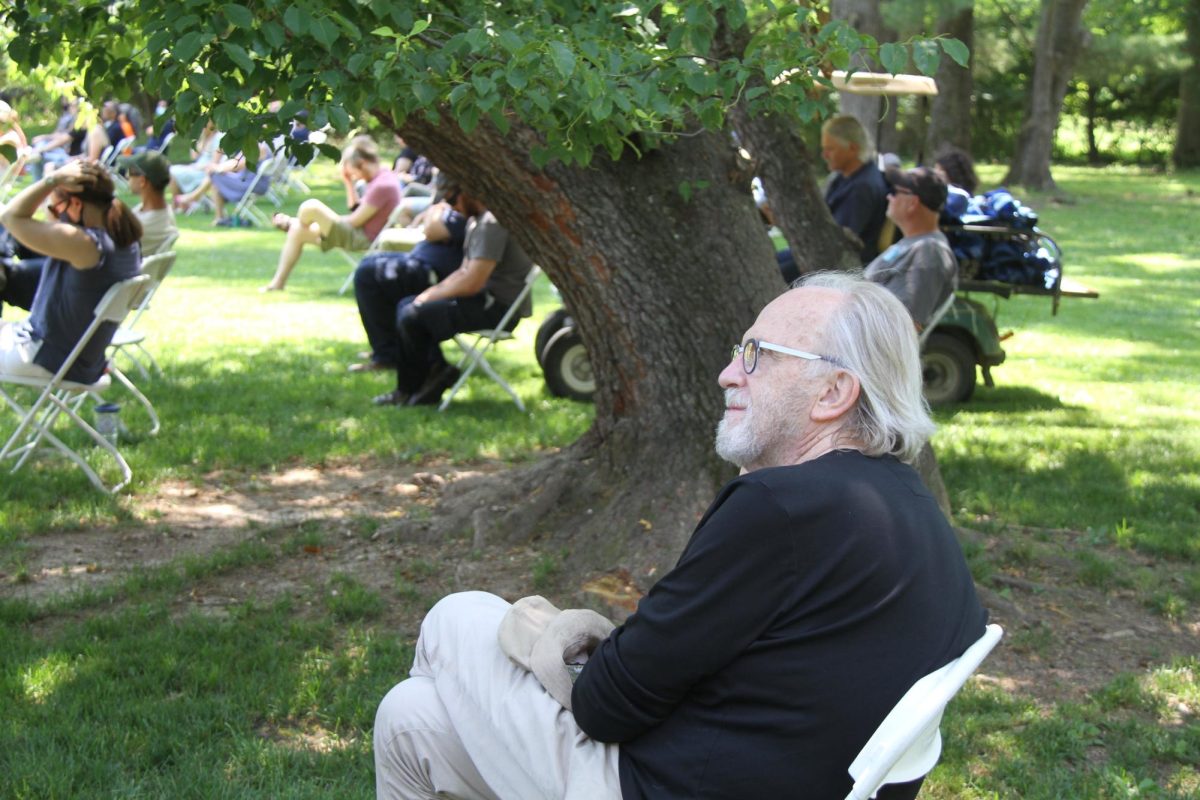Seniors Enjoy Their Rite of Passage During the Credo Process
August 15, 2015
“I believe.” That is the exact meaning of the Latin word “credo.” Every year, seniors are given a chance to write an essay known as a “Senior Credo”, which is a long-standing PDS tradition and is the final assignment of the mandatory five-week Senior English class entitled, “A Life That Works”. The aim of the course is to explore the true essence of an individual and provoke each student to start to consider his or her philosophy. “It’s a lot about why we make the choices we do and how we figure out how to make [our lives] work,” said senior Caroline Lippman. Much of the emphasis of the course is on its final project, which as senior Kelly Tarcza explained, is “a piece for you, by you to sum up who you are right now and put your whole high school career into perspective. It varies from person to person, and it has a personal meaning.”
The entire final two weeks of the thought-provoking course are devoted to crafting the Senior Credo. “Senior Credos are actually kind of intimidating,”confessedLippman. “It’s really hard to condense all those ideas into one four-page essay.” English teacher Liz Cutler concurred: “It’s a difficult process. On the one hand, you don’t want to go too small and only talk about one little moment. On the other hand you don’t want to go too big and wind up with a generalization so broad and philosophical that you’ve forgotten to talk about yourself.”
Of course, there are many different ways to approach the arduous Credo composition process. However, certain themes seem to regularly emerge, that “tend to be about letting go of expectations that other people have had for them … in order to embrace [their] own,” explained Ms. Cutler. “Another common thread [in these Credos] is people feeling that they’ve made certain mistakes in high school and what they learned from that. Often they feel some kind of revelation because something happened to them.” Ms. Cutler also described the Credo as a threshold piece, marking the transition to college and beyond.
Once credos are finished and before seniors depart for senior projects, students share their Credos and listen to those of others. This gives them the opportunity to reflect on the beliefs of their peers, keeping in mind what felt powerful to them and what they learned overall through this process.
“What strikes me in all of those credos is how deeply and thoroughly the presenters have thought about their topic, their conversation,” concluded Senior Class Dean Carlos Cara.





